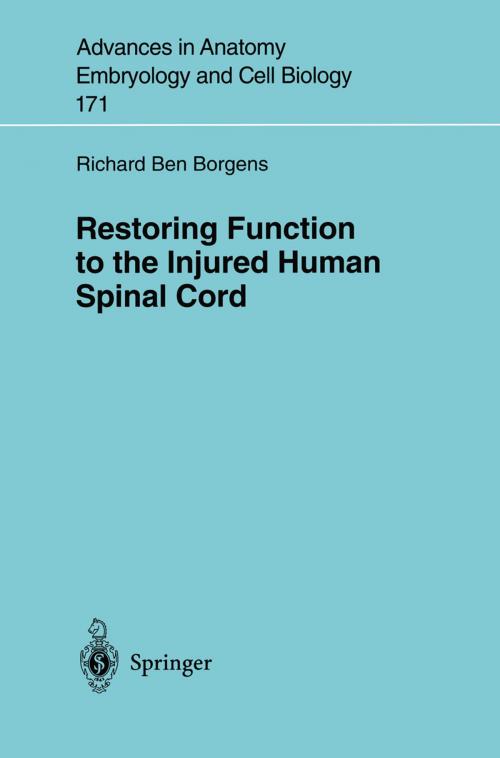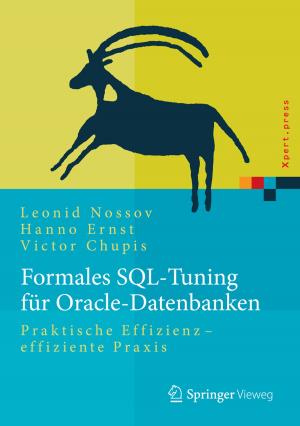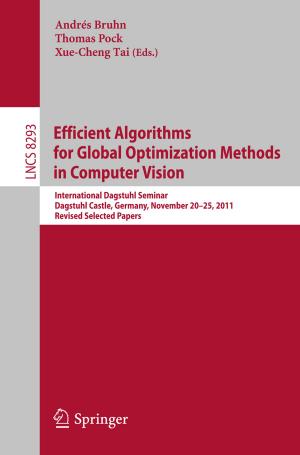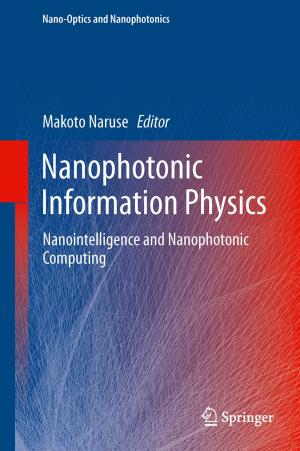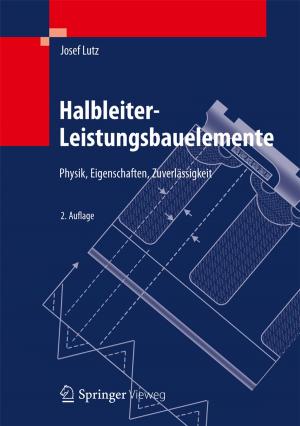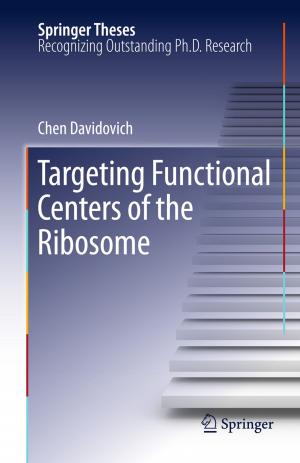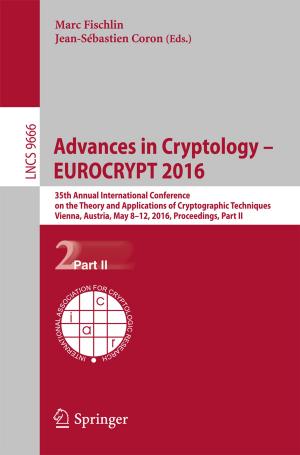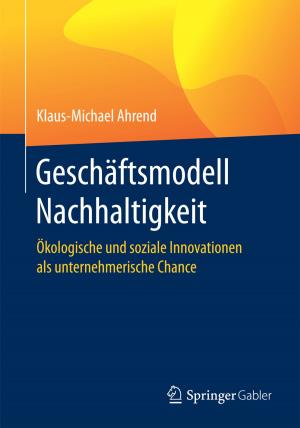Restoring Function to the Injured Human Spinal Cord
Nonfiction, Health & Well Being, Medical, Specialties, Orthopedics, Internal Medicine, Neurology| Author: | Richard B. Borgens | ISBN: | 9783642593611 |
| Publisher: | Springer Berlin Heidelberg | Publication: | December 6, 2012 |
| Imprint: | Springer | Language: | English |
| Author: | Richard B. Borgens |
| ISBN: | 9783642593611 |
| Publisher: | Springer Berlin Heidelberg |
| Publication: | December 6, 2012 |
| Imprint: | Springer |
| Language: | English |
This book has two major themes: one, to provide a general un derstanding of the biology of spinal cord injury (SCI) in ani mal models and their relationship to naturally occurring inju ry in man, and secondly, to review novel means to induce functional recovery from spinal cord injury based on develop mental biophysics and physiology. These are new innovations in the treatment of SCI, born of disciplines that have not re ceived much attention from investigators interested in the re pair and regeneration of the Central Nervous System (CNS). They include development of 4-Aminopyridine for chronic SCI; oscillating electrical fields and polymer infusion for acute SCI. Biochemistry, neurotransplantation techniques, and phar macological approaches have long dominated this literature. Curiously though, it is these former techniques that are more practical and are rapidly moving into human clinical studies, or have already begun then. All of these clinical therapies have been developed at the Center for Paralysis Research at Purdue University, mirroring the backgrounds and interests of the electrophysiologists and biophysicists of our Research Center's faculty. Two of the three experimental therapies for SCI devel oped at Purdue University are now in human clinical trials, and a third will soon begin. They frame the emphasis of this text.
This book has two major themes: one, to provide a general un derstanding of the biology of spinal cord injury (SCI) in ani mal models and their relationship to naturally occurring inju ry in man, and secondly, to review novel means to induce functional recovery from spinal cord injury based on develop mental biophysics and physiology. These are new innovations in the treatment of SCI, born of disciplines that have not re ceived much attention from investigators interested in the re pair and regeneration of the Central Nervous System (CNS). They include development of 4-Aminopyridine for chronic SCI; oscillating electrical fields and polymer infusion for acute SCI. Biochemistry, neurotransplantation techniques, and phar macological approaches have long dominated this literature. Curiously though, it is these former techniques that are more practical and are rapidly moving into human clinical studies, or have already begun then. All of these clinical therapies have been developed at the Center for Paralysis Research at Purdue University, mirroring the backgrounds and interests of the electrophysiologists and biophysicists of our Research Center's faculty. Two of the three experimental therapies for SCI devel oped at Purdue University are now in human clinical trials, and a third will soon begin. They frame the emphasis of this text.
